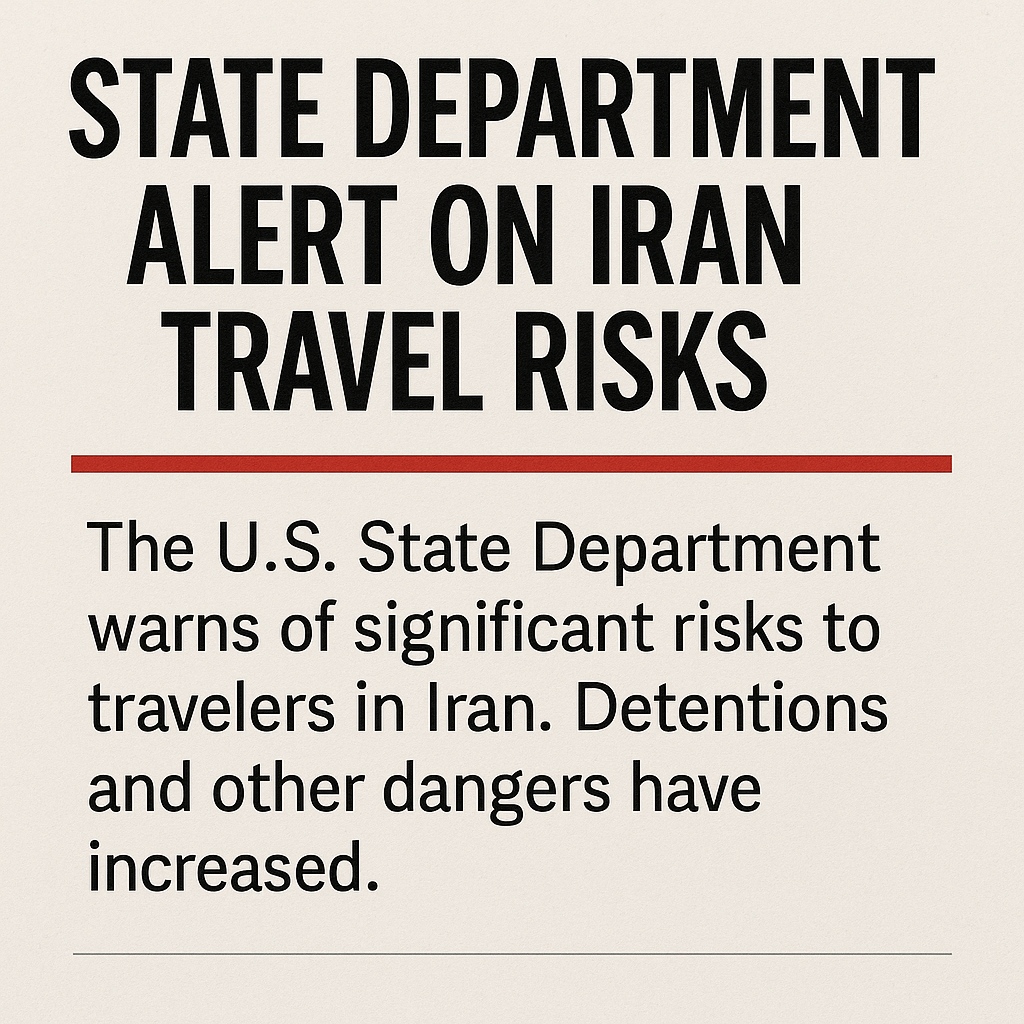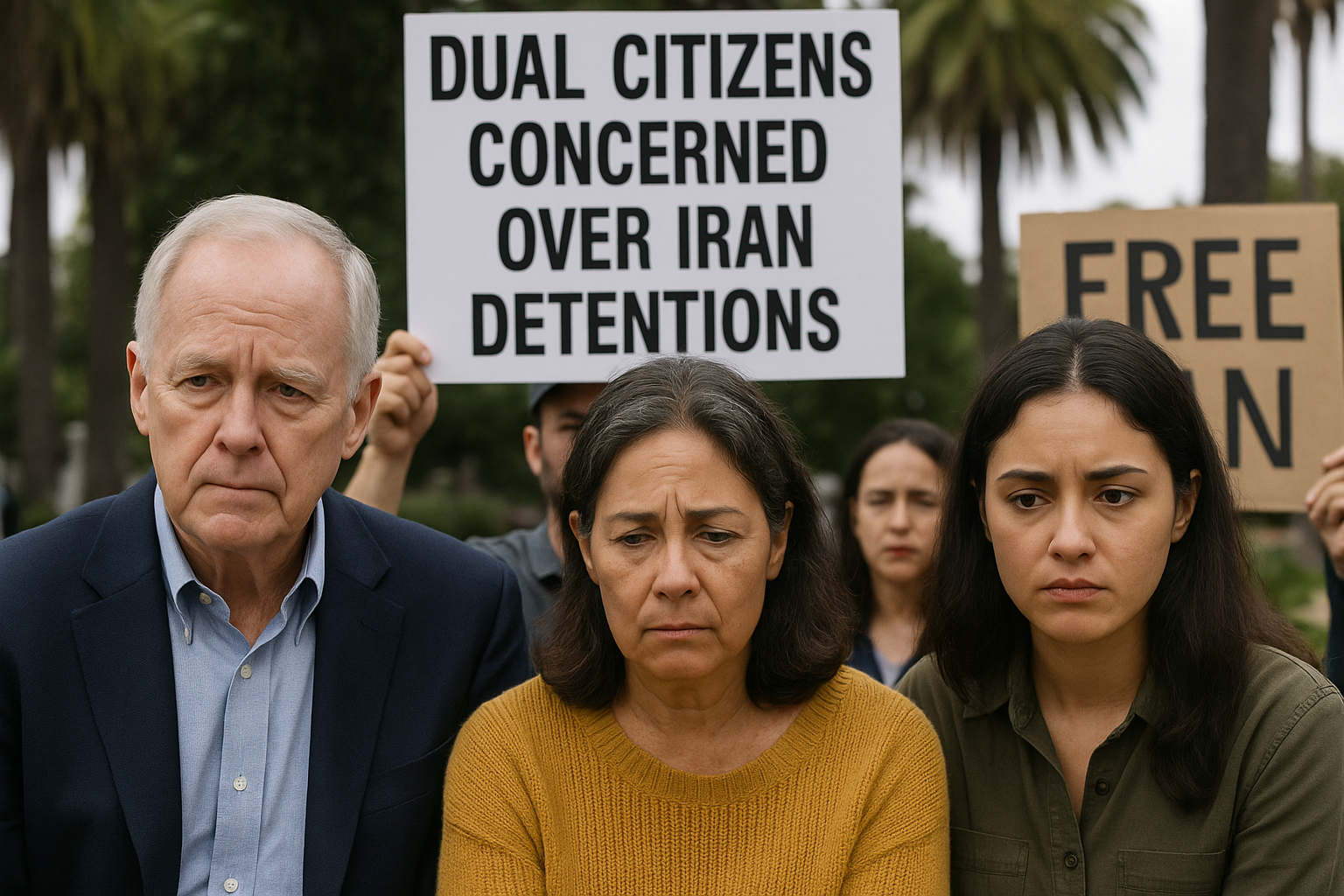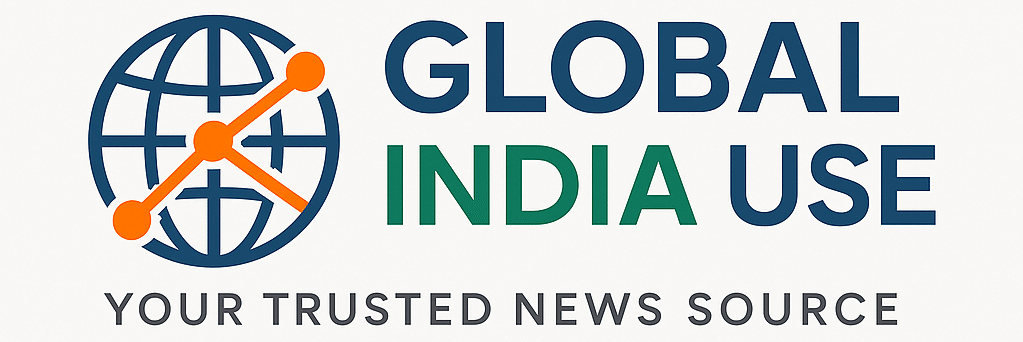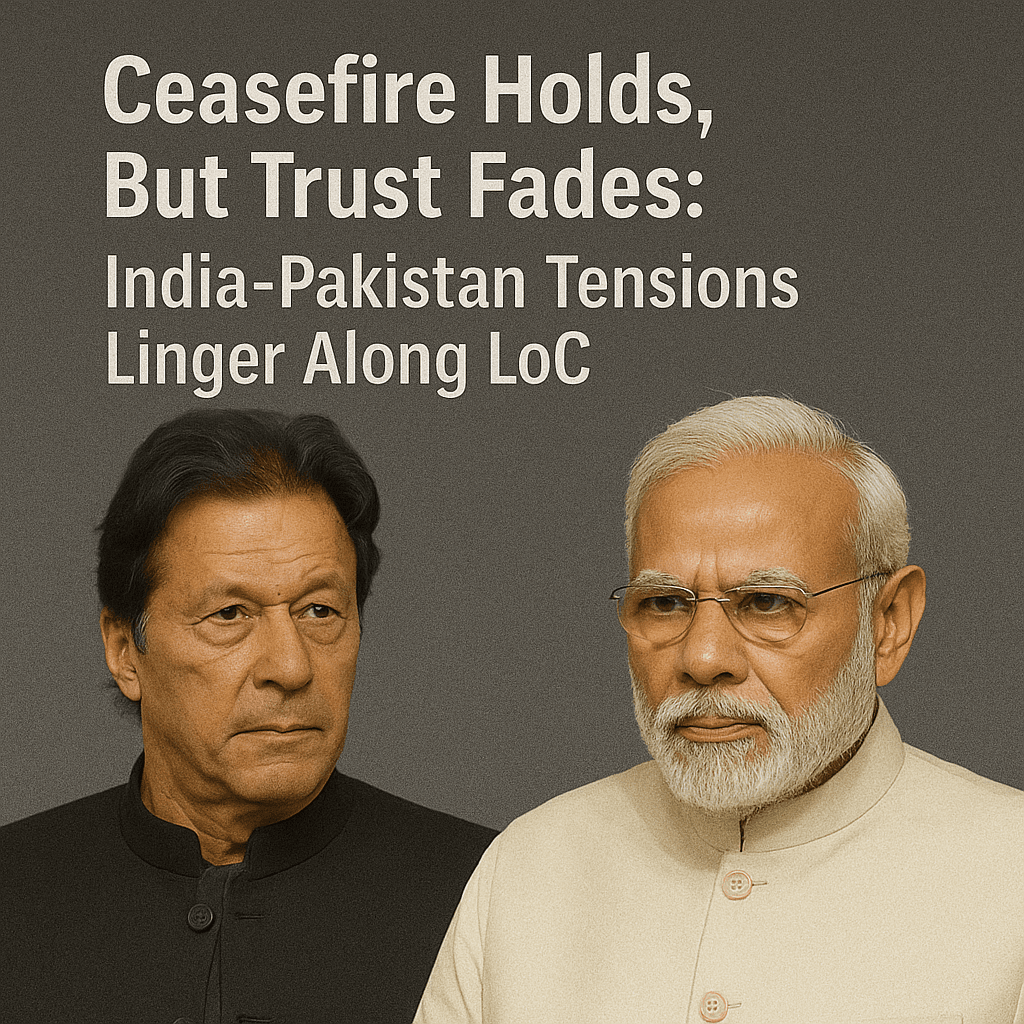U.S. Issues Stark Warning: Avoid All Travel to Iran
The U.S. travel warning Iran notice didn’t come as a whisper. It wasn’t buried in a footnote. It was announced clearly: Americans should not travel to Iran.
This week, the U.S. government issued a direct message to its citizens, urging them to cancel any travel plans involving Iran. No exceptions. No sugarcoating.
And if you ask people familiar with the issue, they’ll tell you — this isn’t just about politics. It’s personal. It’s about safety.

People Go In. Some Don’t Come Back.
Take a minute and think about it. You fly across the world to visit relatives. Maybe it’s a cousin’s wedding. Maybe your mother’s health is failing, and you want to see her one last time. You arrive in Tehran, pass through immigration, collect your luggage — and then suddenly, you’re gone.
No phone call. No warning. Just silence.
This has happened. Not once. Not twice. Enough times that the U.S. government is now saying:
“Don’t risk it. Don’t go.”
Why a Passport Can’t Help Under U.S. Travel Warning Iran
Here’s where it gets more complicated. If you were born in Iran or your parents were, Iran considers you Iranian — even if you hold a blue U.S. passport.
And that means if something goes wrong, you’re on your own.
No consular access. No legal help. No U.S. embassy to step in.
You might be held for days. Or weeks. Or longer. And no one on the outside will even know where you are.
Some Detentions Make Headlines. Most Don’t.
When journalists or diplomats get detained, it sometimes makes the news. But what about the engineer visiting for a funeral? Or the college student there on summer break? Their stories usually go unheard.
There are cases — quiet ones — where people are held for “security questioning.” Sometimes it’s because of a Facebook post. Sometimes it’s not clear at all.
You come in for a visit. You leave months later — if at all.
“I Wanted to Go. I Just Couldn’t” — U.S. Travel Warning Iran Changes Plans
We spoke with an Iranian-American in Chicago who had planned a trip this fall to visit his uncle. He’d been looking forward to it for years.
“We talk on video calls. But he’s 83 now. I don’t know how long he has,” he said.
After reading the travel alert, he canceled his ticket.
“My heart wanted to go. But I kept thinking — if I get stuck there, what happens to my wife and kids here?”
The Government Can’t Help Much
In most countries, if you’re an American and something happens, you can go to the U.S. embassy. In Iran, there isn’t one.
Switzerland handles U.S. affairs there. But the process is slow. Sometimes Iran doesn’t even allow visits from the Swiss diplomats. So even if you’re innocent, you may sit in a cell for days with no outside contact.
U.S. Travel Warning Iran: Not Just Politics, But Real Risk
Some will argue this is just government paranoia. But if you talk to the families — the ones who waited weeks without news, the ones who begged for help and got none — you’ll see it’s very real.
And when the U.S. government says “Do not travel,” they mean it.
Final Thought
If you’re thinking about going — for family, for business, for memories — think again.
You might land safely. You might return with stories and souvenirs.
But if something goes wrong, you might not come back at all.
You May Like Also
Godavari Floods Snap Ties to Konaseema Islands; Locals Rely on Boats After Sand Path Vanishes
MEA Hits Back at CM Mann for Mocking PM’s Foreign Visits







